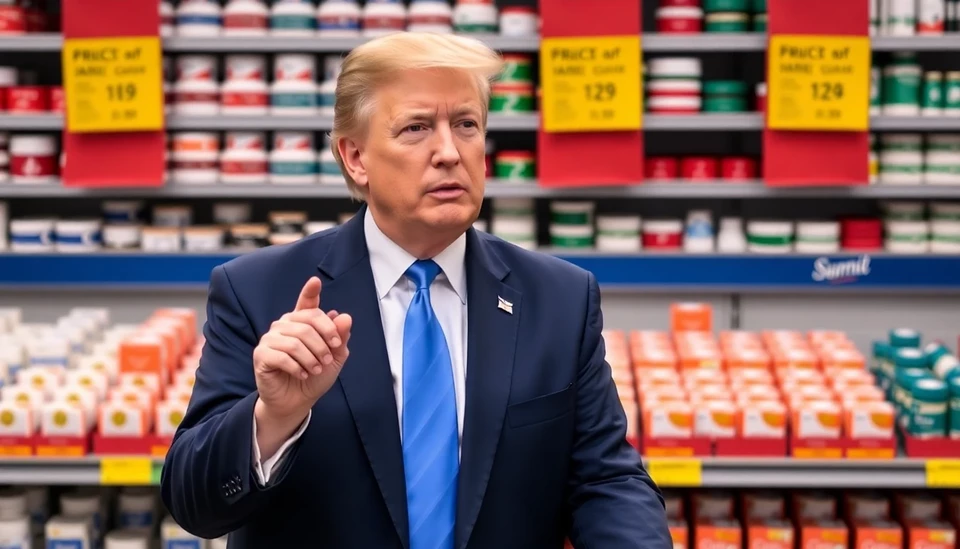
In a recent announcement, former President Donald Trump has hinted at the upcoming enforcement of long-promised tariffs on pharmaceutical imports. These tariffs, which have been a central component of Trump's trade policy, are expected to take effect very shortly, creating a stir among both consumers and industry stakeholders.
During a press conference, Trump emphasized the necessity of these tariffs, stating that they are aimed at reducing prescription drug prices for American consumers while also incentivizing domestic production of pharmaceuticals. This policy is part of a broader agenda to prioritize American manufacturing and reduce reliance on foreign suppliers, particularly from countries with lower production costs.
The former president argued that by imposing tariffs, the U.S. can alleviate the financial burden on consumers who often face high prices for medications. Trump’s administration had previously attempted to address pharmaceutical pricing through various measures, and this renewed focus on tariffs marks a significant step in that direction.
Industry analysts have expressed mixed reactions to Trump’s tariff announcement. Some experts suggest that while tariffs may lead to an immediate price decline for certain pharmaceuticals, they could also result in higher costs for consumers in the long run as domestic manufacturers adjust to the new market conditions. Others fear that such tariffs could provoke retaliatory measures from foreign countries, potentially escalating trade tensions and impacting the overall economy.
As discussions continue around the details of the implementation, questions linger about which specific drugs will be subject to tariffs and how the healthcare sector will adapt to these changes. Pharmaceutical companies are already contemplating potential strategies to mitigate the impact of tariffs, including adjusting their supply chains and production processes.
This development comes at a time when the issue of healthcare affordability remains a vital topic for voters and policymakers alike. With the presidential election approaching, how Trump’s tariffs will play into the broader political landscape is yet to be seen. Nevertheless, the implications of these tariffs could have far-reaching effects on drug pricing, healthcare policies, and the pharmaceutical industry as a whole.
#Trump #PharmaceuticalTariffs #Healthcare #DrugPricing #TradePolicy #DomesticManufacturing
Author: Laura Mitchell




